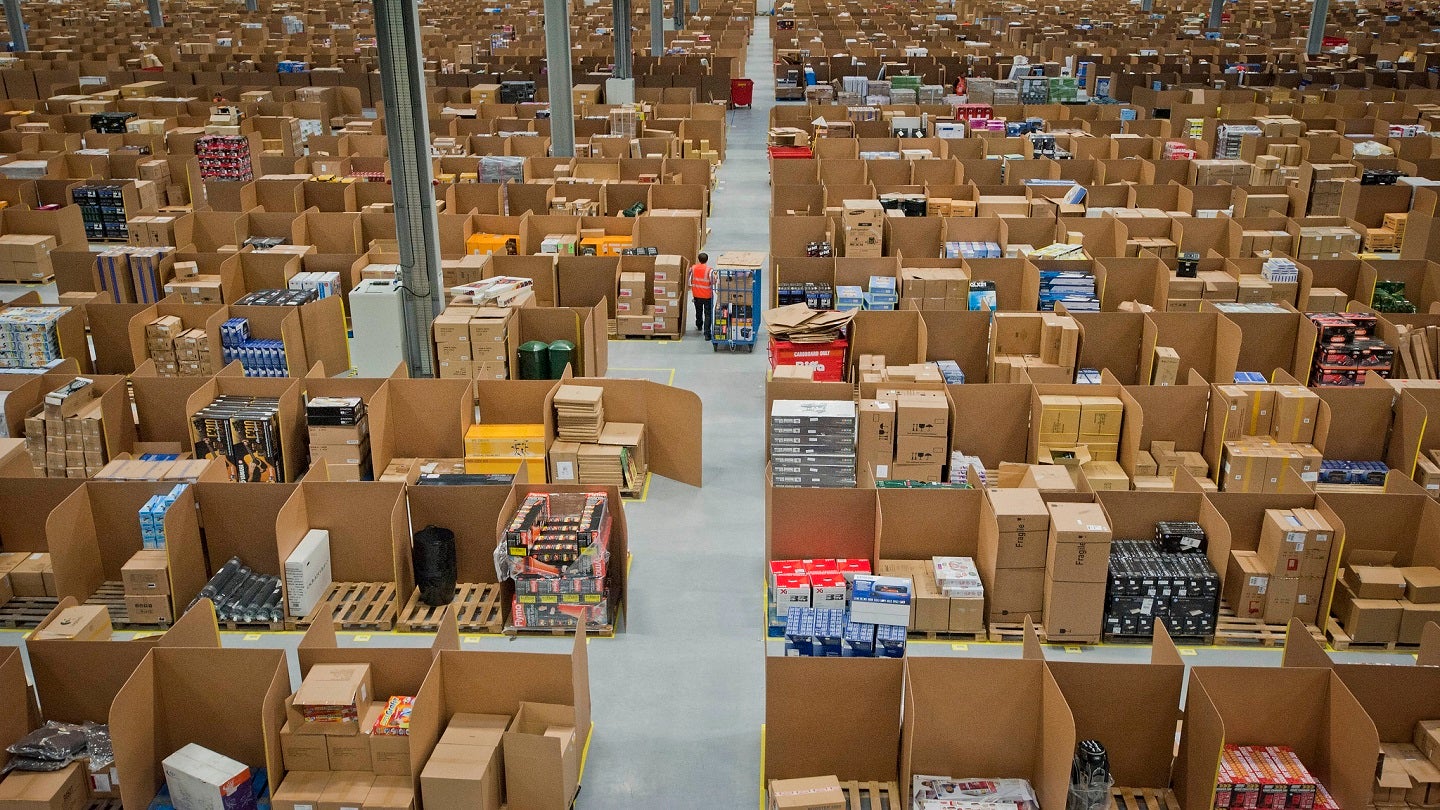
European direct-to-consumer (DTC) e-commerce fulfilment company Alaiko has expanded into the UK market.
The German-based company will partner with an advanced fulfilment centre in north London to serve the local market.

Discover B2B Marketing That Performs
Combine business intelligence and editorial excellence to reach engaged professionals across 36 leading media platforms.
The tech-first fulfilment company leverages its Logistics Operating System and warehouse technology and robotics to allow businesses to manage e-commerce operations like picking, packing and shipping orders, as well as process returns in real-time.
Alaiko’s software combines processing and logistics in an end-to-end solution while offering brands complete transparency and control over the entire supply chain.
The company will provide fulfilment options to UK-based e-commerce businesses, helping them expand their operation domestically and across Europe.
Alaiko CEO Moritz Weisbrodt said: “Alaiko’s UK launch is an exciting growth step and we see huge potential in this market for brands looking for a more effective way to deliver for their customers. We’re looking forward to facilitating warehouse and logistics for UK and EU customers.

US Tariffs are shifting - will you react or anticipate?
Don’t let policy changes catch you off guard. Stay proactive with real-time data and expert analysis.
By GlobalData“We believe that the people scaling an e-commerce brand deserve the best tools at their fingertips to run a business effectively and look after their customers, so we created an intuitive, industry-leading service. We run the logistics so that businesses can focus on growth.”
The start-up has worked with more than 200 e-commerce brands since its launch in 2020.
The expansion into the UK comes after Alaiko secured more than $30m in funding in 2022 to revolutionise e-commerce logistics for DTC brands.
With almost 50 million customers, the UK is considered one of the largest e-commerce markets.
However, businesses in the country have been facing customs backlogs and increased shipping costs for import and export internationally following Brexit.





